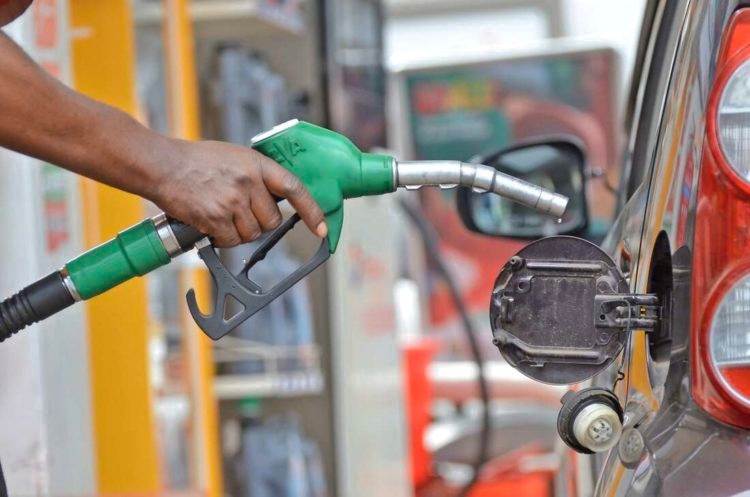Prime
Petrol and diesel prices rise in Zanzibar, but remain lower than on Tanzania Mainland

What you need to know:
- The price of petrol has risen to Sh2,949 per litre, up from Sh2,939 in March—an increase of Sh10 or approximately 0.34 percent.
Unguja. Zanzibar’s Energy and Water Utilities Regulatory Authority (Zura) has announced an increase in fuel prices, with the new rates coming into effect today, April 9, 2025.
Speaking to journalists, Zura’s Public Relations Manager, Mr Mbaraka Hassan Haji, said the price adjustments have been driven by rising global oil prices and increased transportation costs.
According to the new rates, the price of petrol has risen to Sh2,949 per litre, up from Sh2,939 in March—an increase of Sh10 or approximately 0.34 percent.
Diesel will now retail at Sh3,194 per litre, up from Sh3,135—marking an increase of Sh59 or 1.88 percent.
Aviation fuel has also gone up, now selling at Sh2,537 per litre from Sh2,500, representing a rise of Sh37 or 1.48 percent.
However, the price of kerosene remains unchanged at Sh3,200 per litre.
Despite the increases, petrol prices in Zanzibar remain lower than those on the Tanzania Mainland.
Currently, a litre of petrol sells at Sh3,037 and diesel at Sh2,936 in Dar es Salaam while in Ruberwa in Kyerwa District, Kagera Region, petrol prices have reached Sh3,274 per litre, while diesel sells for Sh3,174.
Mr Haji noted that Zura determines monthly prices by taking into account a range of factors, including trends in global oil markets, the cost of importing fuel through Tanga Port, and fluctuations in foreign exchange rates.
“We also consider freight and insurance charges, premiums to Zanzibar, government taxes and levies, as well as the profit margins allowed for both wholesale and retail traders,” he explained.
He added that the most recent adjustments were significantly influenced by depreciation of the Tanzanian shilling against major foreign currencies.
Zura has urged the public to purchase petroleum products only from licensed filling stations and to demand electronic receipts in order to ensure transparency and receive prompt assistance in the event of any disputes.
Commenting on the new prices, Unguja resident Ms Huba Juma voiced concern, saying that despite government assurances that energy costs would decline, prices continue to rise steadily.
“The government must recognise that it is ordinary citizens who bear the brunt of these increases. There is a need to seriously reassess how fuel pricing is being managed,” she said.





